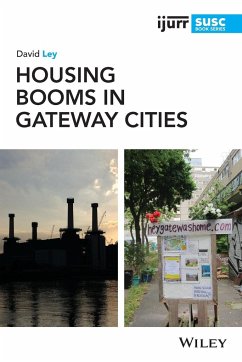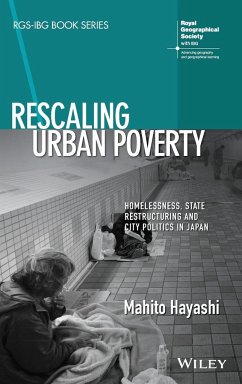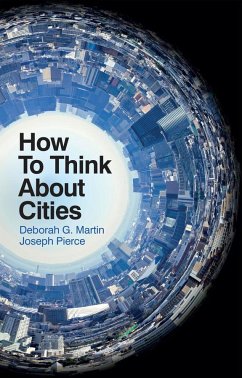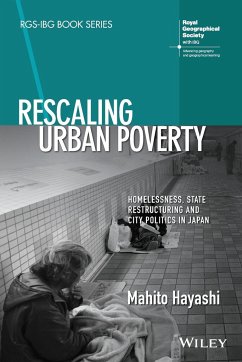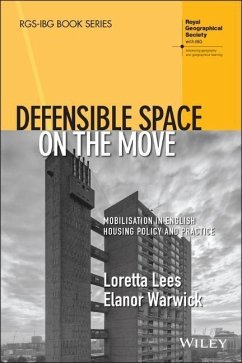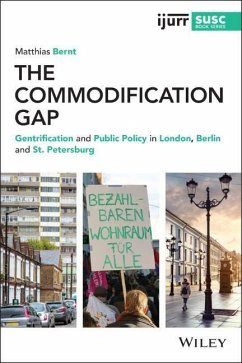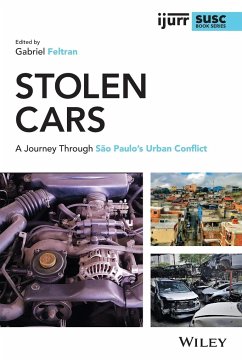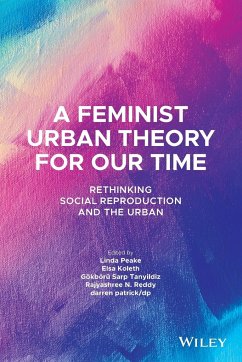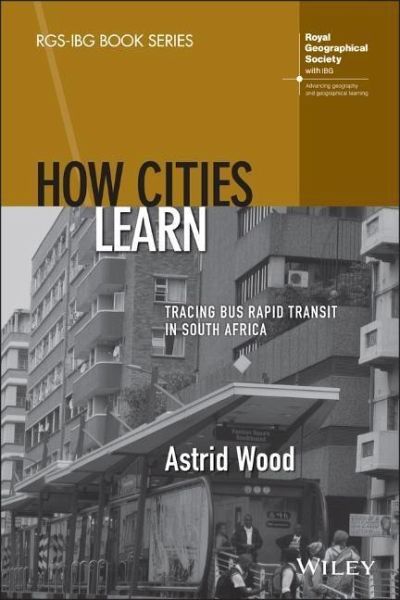
How Cities Learn
Tracing Bus Rapid Transit in South Africa

PAYBACK Punkte
19 °P sammeln!
How Cities Learn traces the circulation of bus rapid transit (BRT) to understand how and why it was widely adopted in South Africa._ Investigates the global proliferation and localization of BRT_ Examines the production and distribution of transportation knowledge in the global south_ Addresses the spatial and social legacy of apartheid in South African cities_ Reveals a new way of understanding the intersections between policy, people and place_ Essential reading for scholars of geography, politics, sociology and transportation, as well as urban planners and practitioners
How Cities Learn traces the circulation of bus rapid transit (BRT) to understand how and why it was widely adopted in South Africa.
_ Investigates the global proliferation and localization of BRT
_ Examines the production and distribution of transportation knowledge in the global south
_ Addresses the spatial and social legacy of apartheid in South African cities
_ Reveals a new way of understanding the intersections between policy, people and place
_ Essential reading for scholars of geography, politics, sociology and transportation, as well as urban planners and practitioners
_ Investigates the global proliferation and localization of BRT
_ Examines the production and distribution of transportation knowledge in the global south
_ Addresses the spatial and social legacy of apartheid in South African cities
_ Reveals a new way of understanding the intersections between policy, people and place
_ Essential reading for scholars of geography, politics, sociology and transportation, as well as urban planners and practitioners




